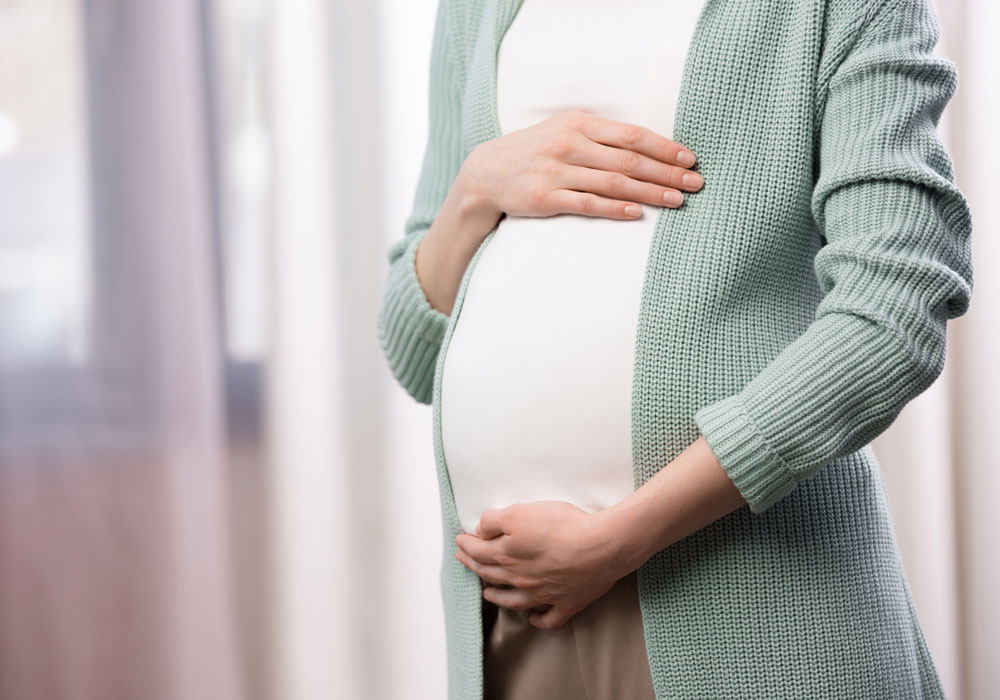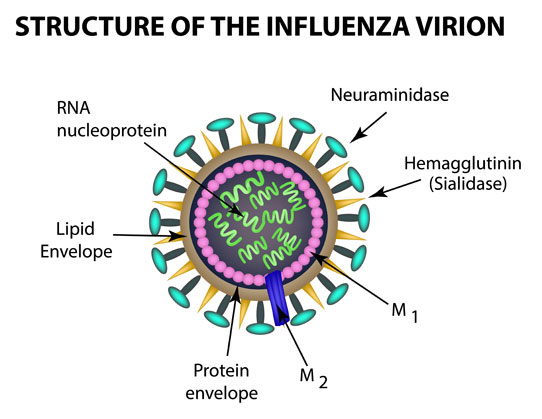Flu Vaccinations 2024

Flu Vaccine: Combats resurgence of the Flu in 2024
If you are getting only a flu plus a COVID-19 booster vaccination, you will be bulk-billed.
Free Flu Vaccinations in May and June 2024
Influenza is a common viral infection that can cause serious illness and even death. Vaccination is the safest way to protect oneself and others.
Flu Vaccination and Pregnancy
 Influenza is a serious disease for pregnant women and their babies. The influenza vaccine is recommended, safe and free for every pregnancy and can be given at any stage, including while breastfeeding. Changes to immune, heart and lung functions during pregnancy make pregnant women more vulnerable to severe illness and complications from influenza.
Influenza is a serious disease for pregnant women and their babies. The influenza vaccine is recommended, safe and free for every pregnancy and can be given at any stage, including while breastfeeding. Changes to immune, heart and lung functions during pregnancy make pregnant women more vulnerable to severe illness and complications from influenza.By getting vaccinated in pregnancy, you pass on protective antibodies through the placenta to your baby. This protects them in their first few months when they are most vulnerable and are too young to be vaccinated themselves.
Pregnant women who had last year’s influenza vaccine early in their pregnancy, are recommended to have the current influenza vaccine if it is available before their baby is born.
If you received the vaccine before becoming pregnant, you should be revaccinated during pregnancy to protect your unborn infant.
Influenza vaccination can be given at the same time as pertussis vaccine (for whooping cough) and/or COVID-19 vaccine.

The Australian Government Department of Health has released a video featuring Chief Nursing and Midwifery Officer, Professor Alison McMillan on why it’s important to get your flu vaccine when you’re pregnant.
- Is it safe for women to receive a flu vaccination at any stage of their pregnancy?
- What potential adverse reactions should pregnant women be aware of following the flu vaccination?
- Does getting the flu vaccination while pregnant protect unborn babies from flu?
With the 2024 Flu season around the corner it is time to start thinking how we can prepare for it.
- The annual flu vaccination is still the most important measure to prevent influenza and the potential complications that can accompany it. The vaccine is recommended for all people aged 6 months and over.
- This year it is more important as ever to get your influenza vaccination. During COVID we saw lower flu vaccination numbers and circulation of the flu within the community.
- If you are thinking about travelling overseas, it is highly recommended that you get your influenza vaccination before departure.
- This years influenza vaccine can be co-administered on the same day as the COVID-19 vaccine


The influenza vaccine is recommended and always free for people at higher risk of complications from influenza, including people 65 years plus, pregnant women, Aboriginal and Torres Strait Islanders, children aged 6 months to less than 5 years, and people with certain medical conditions. The vaccine can be given on the same day as a COVID-19 vaccine and other vaccines.
Read on for more information about the importance of the influenza vaccination for babies and children, pregnant women, and the elderly.
Who needs a flu vaccination?
Everyone six months and older is recommended to get an influenza (flu) vaccine each year. The flu vaccine not only protects you, but it also can help protect those around you.
Children under 5
Babies and children younger than 5 years have a higher risk of complications and being hospitalised from influenza. Even healthy children can get very sick from influenza.
Your child can get an influenza vaccine either on its own or at the same appointment as their other routine vaccinations.
Children under 9 getting the influenza vaccine for the first time need 2 doses, 4 weeks apart. This strengthens the immune response to all vaccine strains.
Aboriginal and Torres Strait Islander people
Aboriginal and Torres Strait Islander people are more at risk of getting really sick and going to hospital from influenza.
For protection of your community, everyone aged 6 months and over can get the influenza vaccine for free every year.
Influenza vaccine strains included in the 2024 Southern Hemisphere seasonal influenza vaccines:
| Egg-based Flu Vaccines | Cell-based Flu Vaccines |
|---|---|
| A/Victoria/4897/2022 (H1N1)pdm09-like virus | A/Wisconsin/67/2022 (H1N1)pdm09-like virus |
| A/Thailand/8/2022 (H3N2)-like virus | A/Massachusetts/18/2022 (H3N2)-like virus |
| B/Austria/1359417/2021 (B/Victoria lineage)-like virus | B/Austria/1359417/2021 (B/Victoria lineage)-like virus |
| B/Phuket/3073/2013 (B/Yamagata lineage)-like virus |

Flu Vaccine Safety
The influenza vaccine has been around for many decades and has a great safety record. Common side effects from the influenza vaccine include mild pain, redness or swelling where the vaccine is given. These side effects usually last for a few days and go away without any treatment.
While some effects may seem like influenza, none of the influenza vaccines available in Australia contain live influenza viruses, so they cannot cause influenza.
People with egg allergy (including history of anaphylaxis) can safely receive the NIP flu vaccines. If you have an egg allergy, please discuss this with your vaccination provider.
Serious side effects, such as a severe allergic reaction are extremely rare.
Health Department Fact Sheet
Most of the information on this page was updated using information published on February’s edition of the Health Department fact sheet. You can download the Fact Sheet (125kb PDF) below…
The following groups of patients are eligible to receive free government-funded flu vaccinations:
- individuals aged 65 years or older
- children aged 6 months to students in year 6
- pregnant women (any trimester)
- Aboriginal people 6 months and older
- chronic respiratory conditions
- cardiac disease
- chronic neurological conditions
- impaired immunity
- diabetes and other metabolic disorders
- renal disease
- haematological disorders
- children aged 6 months to 10 years receiving long-term aspirin therapy.
Don't forget to wash your hands...
The Australian Immunisation Register
Your immunisation provider is required to report all influenza vaccinations to the Register. This includes some personal information such as your name, date of birth, contact details, and your Medicare card number.

